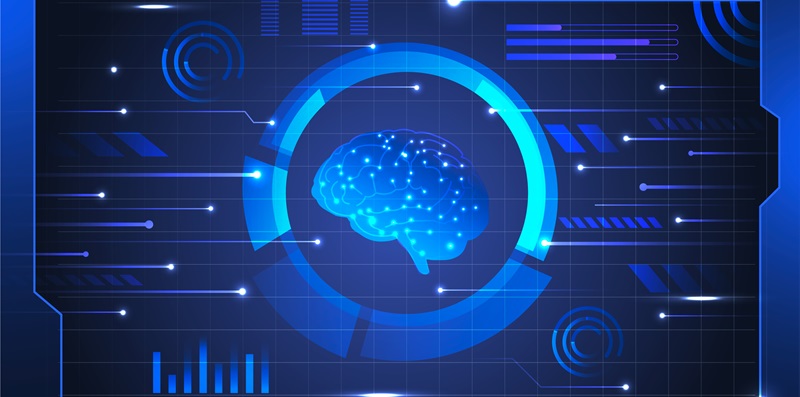In today’s business landscape, the pursuit of efficiency and cost reduction is driving the adoption of AI to automate processes. While traditional automation has been impactful, the advent of advanced technologies like ChatGPT opens new possibilities. Nonetheless, as companies tackle their unique operational challenges, it’s vital to consider whether a general tool like ChatGPT suffices for complex enterprise automation or if customized solutions are necessary. Companies must weigh the versatility and convenience of tools like ChatGPT against the benefits of bespoke systems designed for specific automation tasks, ensuring the right fit for their unique processes. This determination is essential for integrating AI effectively and maximizing the benefits of technological advancements in business automation.
Limitations of General AI Tools in Complex Automation
Understanding ChatGPT’s Capabilities
ChatGPT, built on sophisticated neural networks, is adept at mimicking human conversation, making it a valuable tool for natural language-based tasks such as chatting with customers or creating written content. Its uses span a wide range of industries where text generation is needed. Despite its proficiency in crafting text, businesses often face more complex challenges that ChatGPT alone may not address. These include the analysis of large datasets, the intricacies of supply chain management, and adhering to industry regulations. These tasks require a level of AI intelligence that extends beyond the realm of linguistics, which may be beyond the scope of standard AI solutions. As industries continue to evolve, the demand for AI that can navigate these multifaceted requirements is increasing, necessitating tools that can handle more than just language.
The Need for Specialized AI in Enterprise Environments
Enterprises dealing with structured data, real-time complex decision-making, or handling sensitive data necessitate robust, secure AI systems. Off-the-shelf AI like ChatGPT might lack the required control or industry-specific customization. In critical sectors such as finance, healthcare, and legal, precision, adherence to regulations, and safeguarding data aren’t optional. These industries demand AI that’s not only efficient but also conforms to stringent standards. The need for precision-engineered AI solutions is driven by the imperative of meeting the high-stakes requirements of accuracy, regulatory compliance, and data protection that define these sectors. This necessitates an approach to AI that is bespoke, ensuring that the technology is attuned to the unique challenges of sensitive and regulated environments.
Bridging the Gap with Bespoke AI
Tailoring AI to Specific Business Functions
Enterprises require tailor-made AI solutions rather than one-size-fits-all products for optimal automation. Customization is key, enabling AI tools to decipher specific datasets, assimilate with in-house software through tailored API interactions, and adhere to unique corporate governance structures. Off-the-shelf AI systems merely serve as a foundation. The real advantage for businesses lies in custom-developed AI that flawlessly interweaves with their distinct operational matrix, ensuring a harmonious fusion with their workflows. A tailored AI solution doesn’t just enhance efficiency; it becomes an integral part of the business fabric, crafted to address the particular demands of an enterprise’s structure and strategy. This approach promises a competitive edge by marrying AI with the nuance of individual business ecosystems.
The Future of Specialized Cognitive Automation Tools
As AI evolves, particularly with advancements like OpenAI’s GPT, there’s excitement about new tools that could serve broad enterprise needs. Yet, specialized cognitive automation tools still play a critical role. Tailored to process intricate business rules, they are key for thorough automation. They offer enhanced security and compliance, fitting seamlessly into various enterprise systems, making them a core part of future automation strategies.
General AI tools such as ChatGPT are indeed impressive, but enterprises often need tailored AI for their specific, complex needs. Custom AI solutions ensure not just fitting performance but also essential confidentiality and adherence to regulatory standards. For businesses aspiring to fully leverage AI’s potential, investing in custom-built AI technologies is crucial for a secure, compliant, and automated operational landscape.

